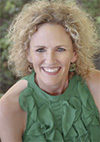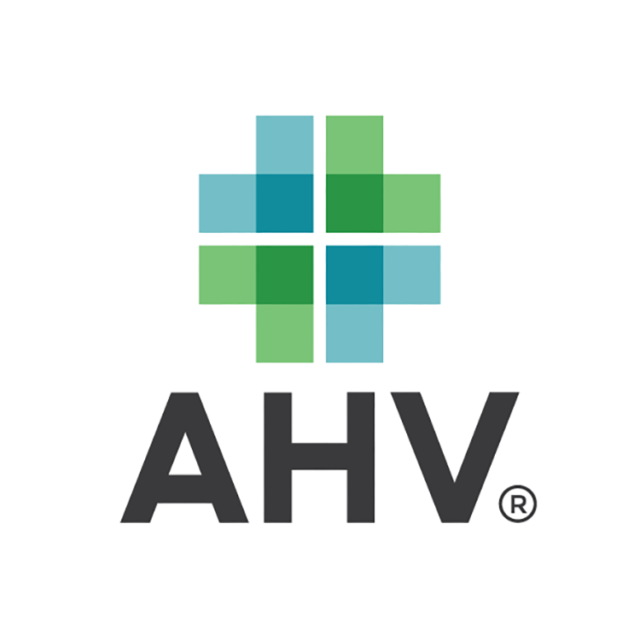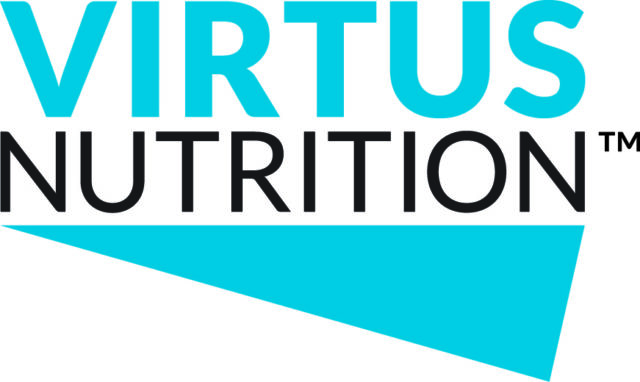Last year, I was selected as a Face of Farming and Ranching by the U.S. Farmers and Ranchers Alliance. As I spent the year communicating with consumers by print, radio and in person, I thought a lot about my ancestors.
Six generations ago when my family started this farm, farming was close to everyone. For each generation since, farming became more and more rare, until there are only about 50,000 dairy farms in the country.
As the times have changed, our roles have changed. My great-grandma used to not only feed everyone on the farm, do the laundry by hand and raise her kids; she also cleaned out the cobwebs from the barn.
My grandma and mom were always fixtures on the farm, and they also both had outside jobs to help support the family. When you’re the owners, you’re going to make all the decisions with the other owner – your partner. It’s a team effort to run a business.
In modern times, we’re still a team, but the support role is different. Since there are fewer farms, our efforts are frequently focused on education. Since my husband, Kris, is mostly busy doing the work, I’m excited to have that position.
When the children were small, it was really enjoyable starting to host tours and write my blog, “Truth or Dairy.” As they got older, my level of activities came to include going into schools, hosting field trips and representing farmers through Michigan Milk Producers Association and the National Milk Producers Federation.
This year, I’ve had the opportunity to directly speak with people in many places. At the American Food and Technology Innovation Summit, I got to talk with people about organic food and GMOs. At the Food and Nutrition Conference and Expo, I had great conversations about modern dairy farming practices.
At the University of Arkansas, I spoke with academics involved in agricultural production. I got to address the USDA, pork and poultry producers, and farmers and consumers of all types.
In schools, I was able to speak with students about all sorts of farming practices completely new to them. Kris and I were even named the fourth-grade class farmers at the AG-STEM school Gateway North Elementary in St. Johns, Michigan. (Their questions are the best – “Do you ever dress the cows up, like with sunglasses?”)
With all the writing, radio and online interviews, and speaking engagements, I love communicating with people in a positive, educational manner. I love being able to answer questions and represent our fantastic industry.
Of course, it’s not always easy sitting in an audience and listening to someone talk about how farmers are doing everything wrong. It’s not great to listen to people who are driven only by feelings about food and not facts. It’s not exciting seeing memes online that state blatant untruths about the food we produce and consume.
What is great is: Farmers all realize that in order to please our consumers, we need to make sure that they understand why we do what we do. When every person in the country can recite the eight GMO crops, when every child can tell you how milk is produced, and when every person can tell you why manure is great fertilizer, then we can rest easy.
But until then, farmers are doing what they’ve always done: farming responsibly, taking care of their animals, providing for their country and their families, and talking about the why and how.
Every time you’re able to reach a greater understanding with another person, it’s a win. Consumers have certain things they want, and we want to give it to them – as well as help them understand us and our practices. After all, all farmers are consumers, too. I look forward to continuing this process for the next year and all the years after.
It’s nice having a position to do this, but we’re all doing it every day. It doesn’t have to be a big event. Every time we have a conversation, invite someone over, post a picture, host a tour and communicate what modern farming is like, we bring everyone a little bit closer.
I’m always looking forward to my next opportunity to share with people about farming. I’ll never pass up a chance to write, speak or teach about farming. Who knows? Maybe someday I’ll be even more like my ancestors and get those cobwebs out of the barn. Just kidding; I think they add character. PD
Carla Wardin is a member of the second class of the United States Farming and Ranching Alliance’s Faces of Farming and Ranching. She and her husband, Kris, own and operate Evergreen Dairy, a 400-cow farm in St. Johns, Michigan. She and Kris are also raising three sons – Cole, 8; Ty, 8; and Max, 5.
PHOTO: Kris and Carla Wardin are raising their three sons (left to right) Cole, Max and Ty on their 400-cow dairy in St. Johns, Michigan. Photo provided by Carla Wardin.





